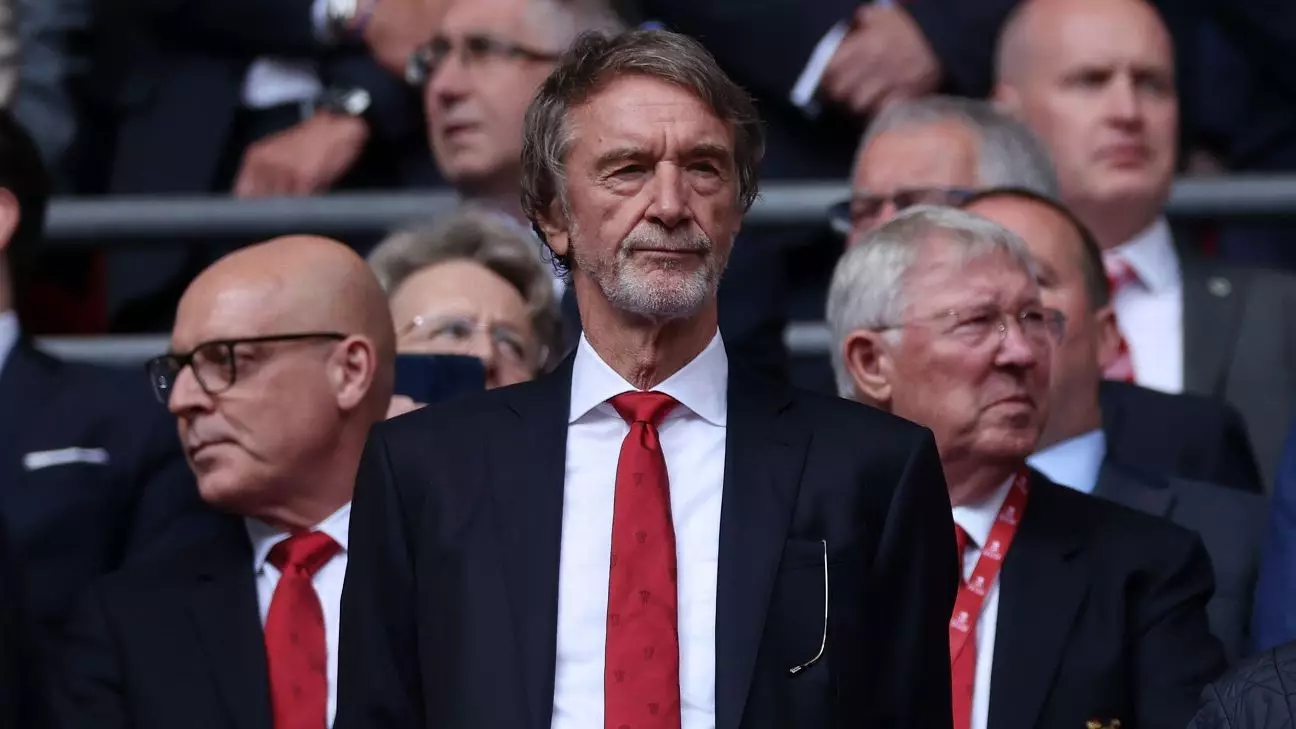Recently, UEFA’s Club Financial Control Body (CFCB) cleared Manchester City and Manchester United to participate in European competitions for the upcoming season. There were initial concerns regarding the eligibility of both clubs due to their associations with other teams under the same ownership. This raised issues with UEFA’s multi-club ownership rules, prompting significant changes to be made at the board level for all parties involved.
In response to the concerns raised, UEFA announced that there have been substantial changes made to the ownership, governance, and financial support of the clubs in question. To address potential conflicts of interest and investor influence, shares held in Girona and Nice have been transferred to independent trustees through a blind trust structure supervised by the CFCB. These measures are set to remain in place only for the 2024-25 season, after which the shares will revert back to their respective owners.
Jim Ratcliffe, the owner of INEOS, made significant acquisitions in the football world, acquiring stakes in Manchester United and ownership of Nice. Despite these investments, there have been reports of UEFA restrictions affecting United’s transfer activities, including a block on signing Nice defender Jean-Clair Todibo. This move has raised questions about fairness and player welfare in the transfer market.
On the other hand, City seems to be unaffected by UEFA’s restrictions, with reports suggesting a potential summer signing of winger Sávio. The player, who was on loan at Girona last season, is expected to join City from parent club Troyes. This transfer indicates a continuation of City’s recruitment strategy, despite the ownership changes and UEFA scrutiny.
With UEFA’s recent decision, Manchester City and Manchester United have been given the green light to participate in European competitions. The ownership changes, restrictions, and transfer implications highlight the complexities of multi-club ownership in modern football. As the clubs navigate these challenges, fans and stakeholders will be watching closely to see how these developments impact their respective fortunes on the European stage.

Leave a Reply